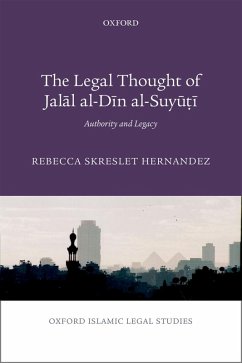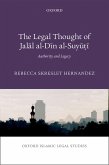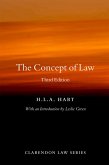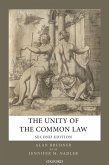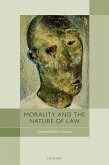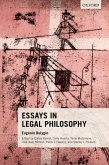This book offers a new theoretical perspective on the thought of the great fifteenth-century Egyptian polymath, Jalal al-Din al-Suyuti (d. 1505). In spite of the enormous popularity that al-Suyuti's works continue to enjoy amongst scholars and students in the Muslim world, he remains underappreciated by western academia. This project contributes to the fields of Mamluk Studies, Islamic Studies, and Middle Eastern Studies not only an interdisciplinary analysis of al-Suyuti's legal writing within its historical context, but also a reflection on the legacy of the medieval jurist to modern debates. The study highlights the discursive strategies that the jurist uses to construct his own authority and frame his identity as a superior legal scholar during a key transitional moment in Islamic history. The approach aims for a balance between detailed textual analysis and 'big picture' questions of how legal identity and religious authority are constructed, negotiated and maintained. Al-Suyuti's struggle for authority as one of a select group of trained experts vested with the moral responsibility of interpreting God's law in society finds echoes in contemporary debates, particularly in his native land of Egypt. At a time when increasing numbers of people in the Arab world have raised their voices to demand democratic forms of government that nevertheless stay true to the principles of Shari'a, the issue of who has the ultimate authority to interpret the sources of law, to set legal norms, and to represent the 'voice' of Shari'a principles in society is still in dispute.
Dieser Download kann aus rechtlichen Gründen nur mit Rechnungsadresse in A, B, BG, CY, CZ, D, DK, EW, E, FIN, F, GR, HR, H, IRL, I, LT, L, LR, M, NL, PL, P, R, S, SLO, SK ausgeliefert werden.

